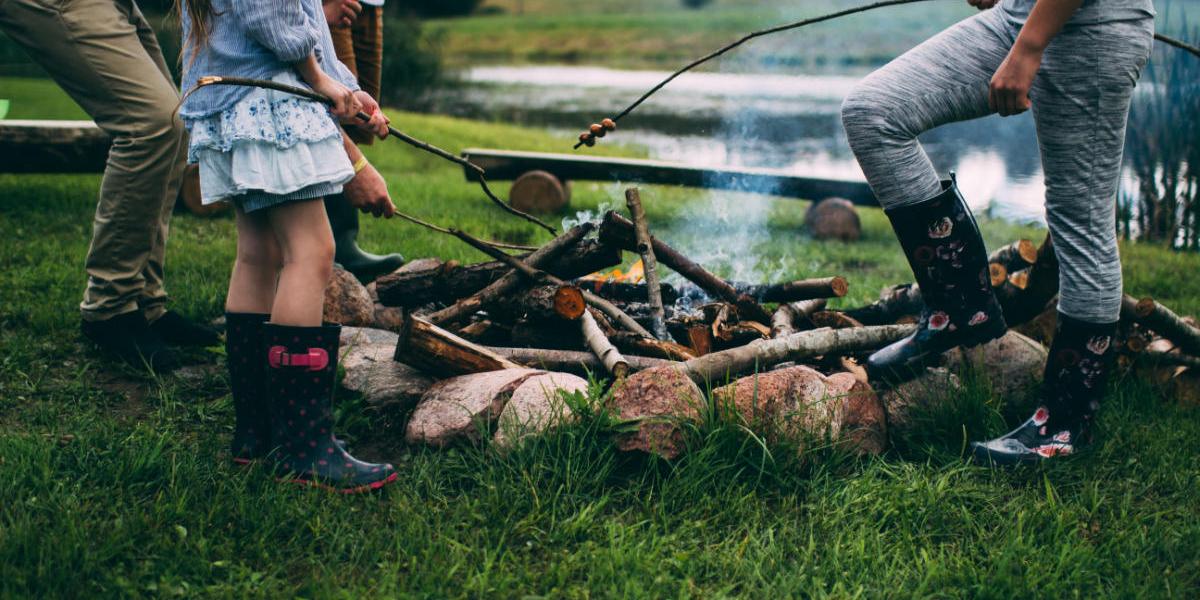Do you want advice from GFG? Send questions for publication to [email protected].
Dear, GFG:
My daughter “Elle” is part of an activities group in the community, and she is the only member with a gluten intolerance. One of the events this year is a week-long camping trip. They have youth leadership opportunities, and Elle helped in the fundraising and planning of these activities. She’s very excited to attend.
We recently learned that Elle would have to bring her own gluten-free meals if she wants to go camping. When I spoke to the activities director, I was told that the organization couldn’t accommodate anyone with allergies because they weren’t certified in making gluten-free food. The previous leadership went above and beyond to care for my daughter’s diet and to help her feel included. The new leaders won’t even make sure there are snacks for Elle at weekly events. My daughter feels hurt and left out.
On top of everything, we were told that they won’t discount the cost of camp, even though most of Elle’s food won’t be provided. They are going to give me a list of foods they are making during the week so that I can find equivalent meal options if she can’t eat what they’re providing. Should I go to the community director with my frustrations? I don’t want to rock the boat, but I also don’t want my daughter to miss out.
— Sad Camper
Dear, Sad: The youth activity leaders are charged with keeping your daughter safe while in their care, and it sounds like that’s exactly what they are trying to do. The problem with accommodating a gluten intolerance or a wheat allergy is that gluten and wheat are frequently hidden in foods. Gluten-free food labeling is sorely lacking, despite the fact that 1 in 100 people globally have celiac disease.
As I see it, the leaders feel unqualified to handle the liability of feeding your daughter, so they have volleyed the responsibility back to you.
Gently informing the activity leaders about gluten-free living so they feel comfortable feeding your daughter is a task you should handle when the stakes are lower — not when your daughter could possibly spend a week sick in the wilderness.
You say that the activity leaders don’t consider your daughter’s dietary needs during the weekly gatherings, so start there. Find out what snacks they regularly bring and suggest safe alternatives that are budget-friendly. If the leaders rebuff your efforts to reform snack time and if they continue to leave your daughter out, you may need to consider joining a different group. I’ve heard of some youth groups that are completely gluten free. It could be a great experience for your daughter to become friends with other young people who understand the struggles of living gluten free.
Regarding the cost of camp, I don’t believe that you should be charged the same if you’re providing some of the food. But I think that’s the issue: You said, “Most of Elle’s food won’t be provided.” Looking at this from a management standpoint, how do you truly calculate the cost of the food your daughter can’t eat while accounting for what she can? It sounds messier than a 2-year-old eating s’mores.
After you review the meal list and figure out how much it will cost you to feed your daughter during the camping trip, go through the proper channels and ask if they will consider giving you a discount. Be prepared for them to say no. What will you do if that happens?
Remember to approach the activity leaders calmly about your concerns. I say this because I can get animated when trying to educate others about gluten-free living, especially when I feel disrespected. The most important thing is keeping your daughter safe in all ways, so don’t go into this ready to start a war.
One last thing — please consider the dangers of gluten cross-contact that could occur during the camping trip. If you allow your daughter to go, she’ll need to take her own bowls, pots, pans, and utensils. She’ll also need a separate sponge for cleaning up.
Best of luck!
— GFG








